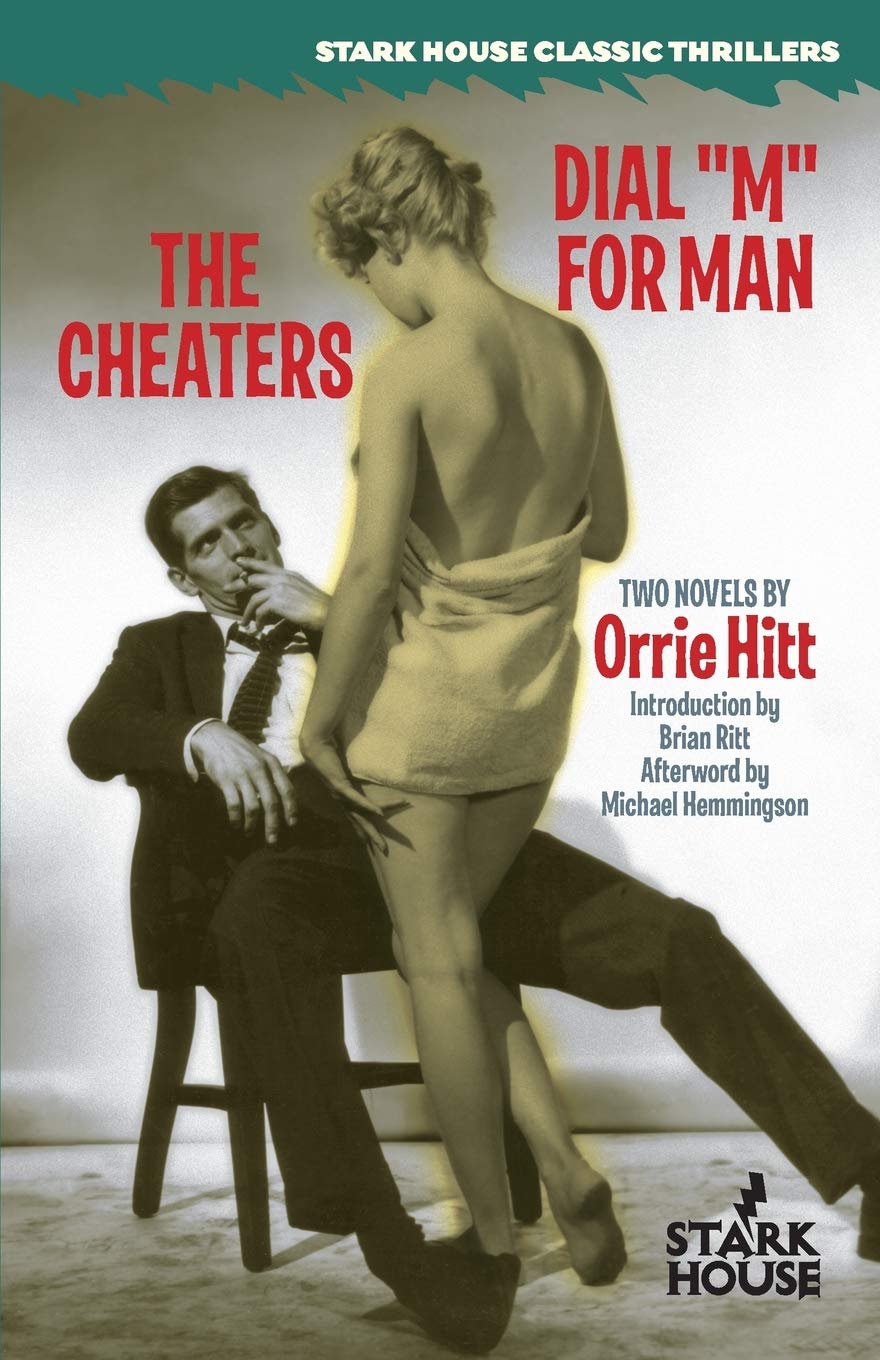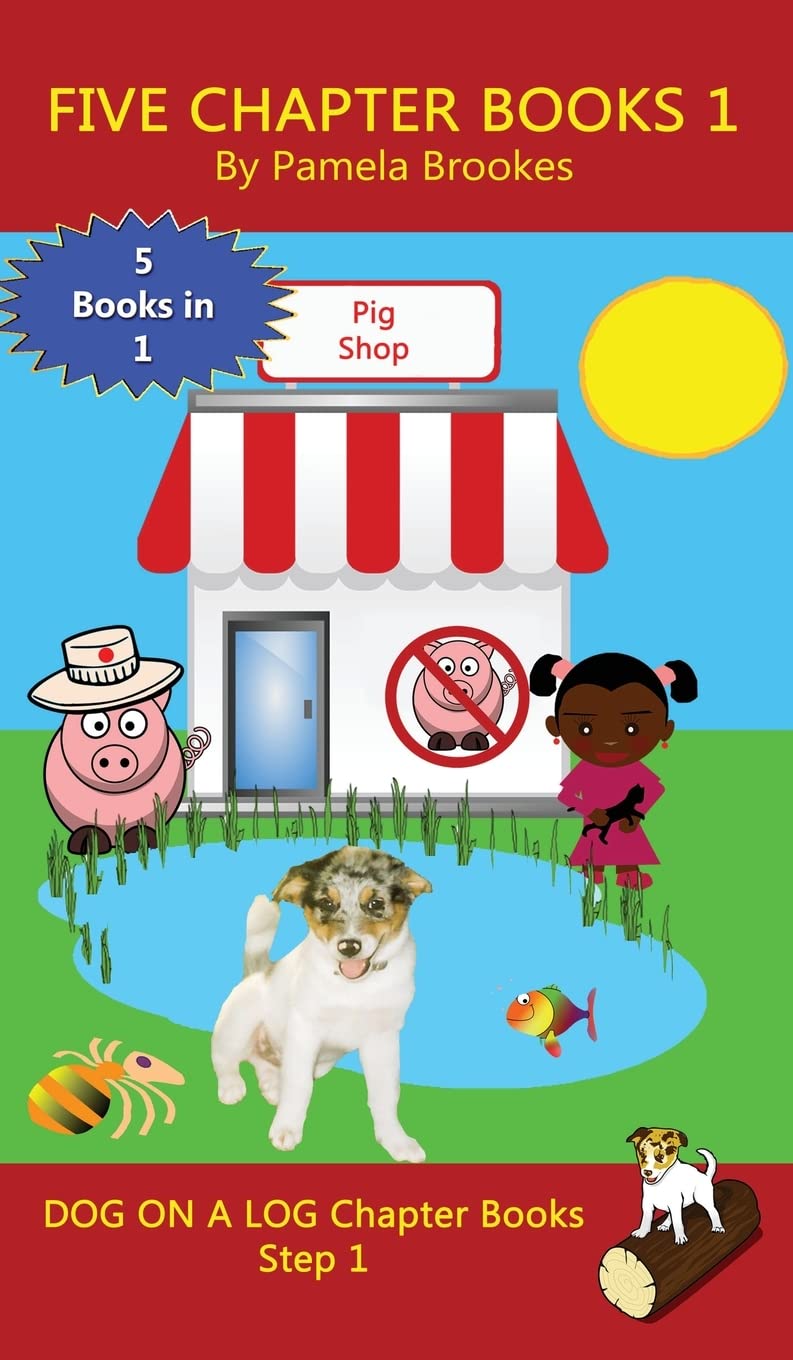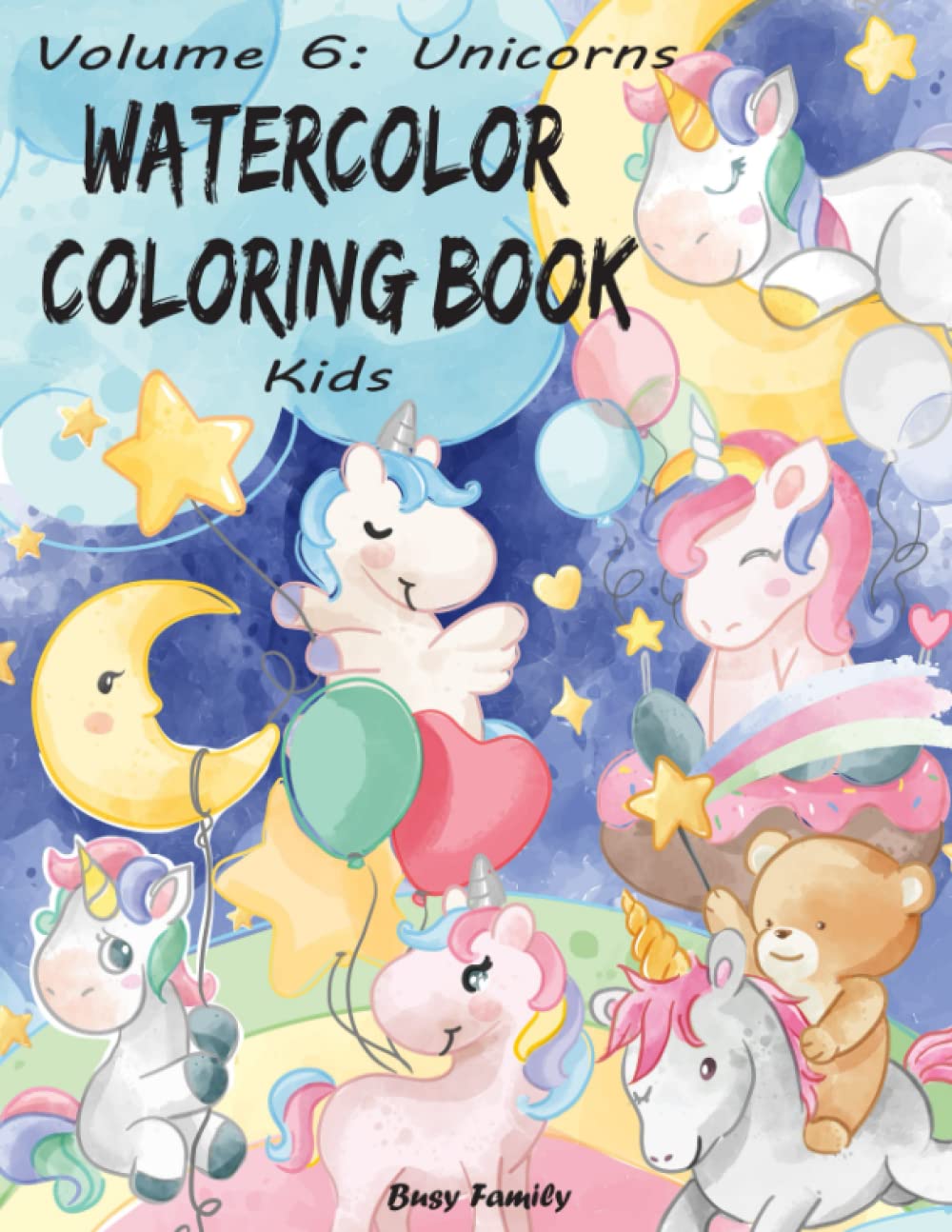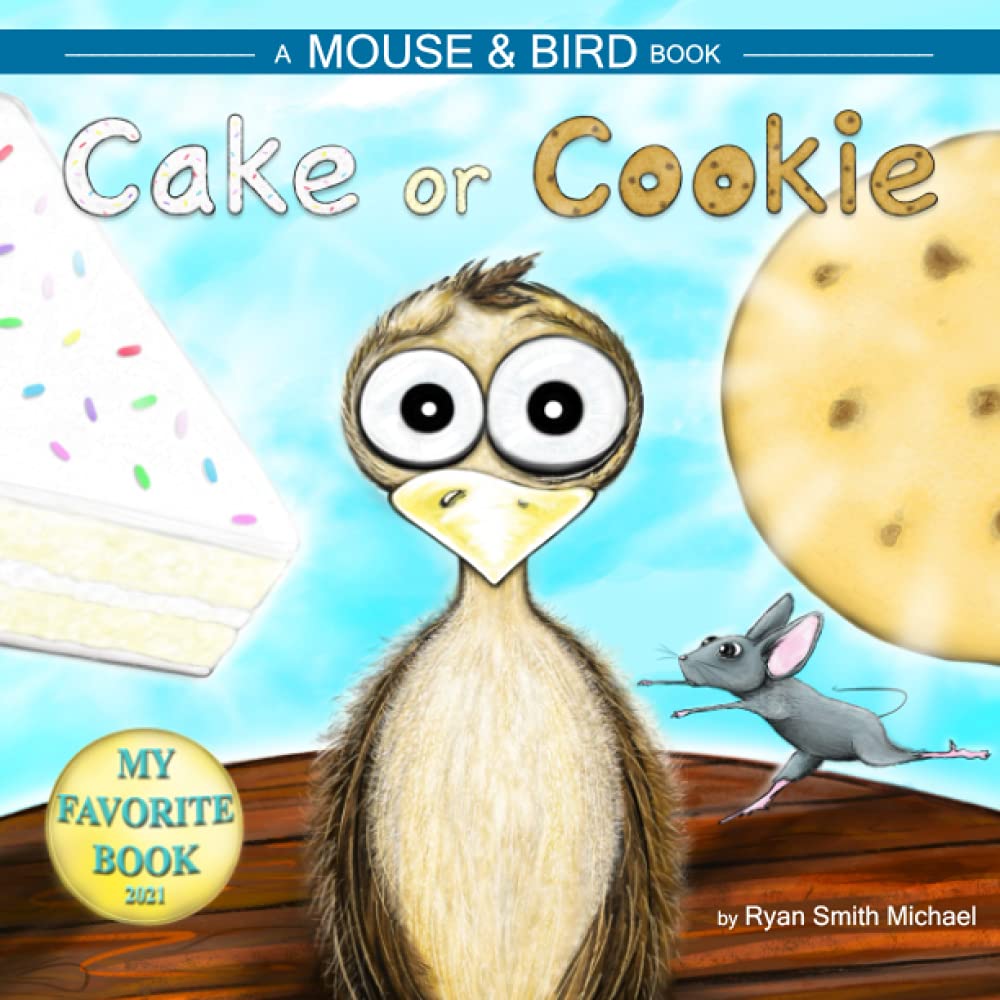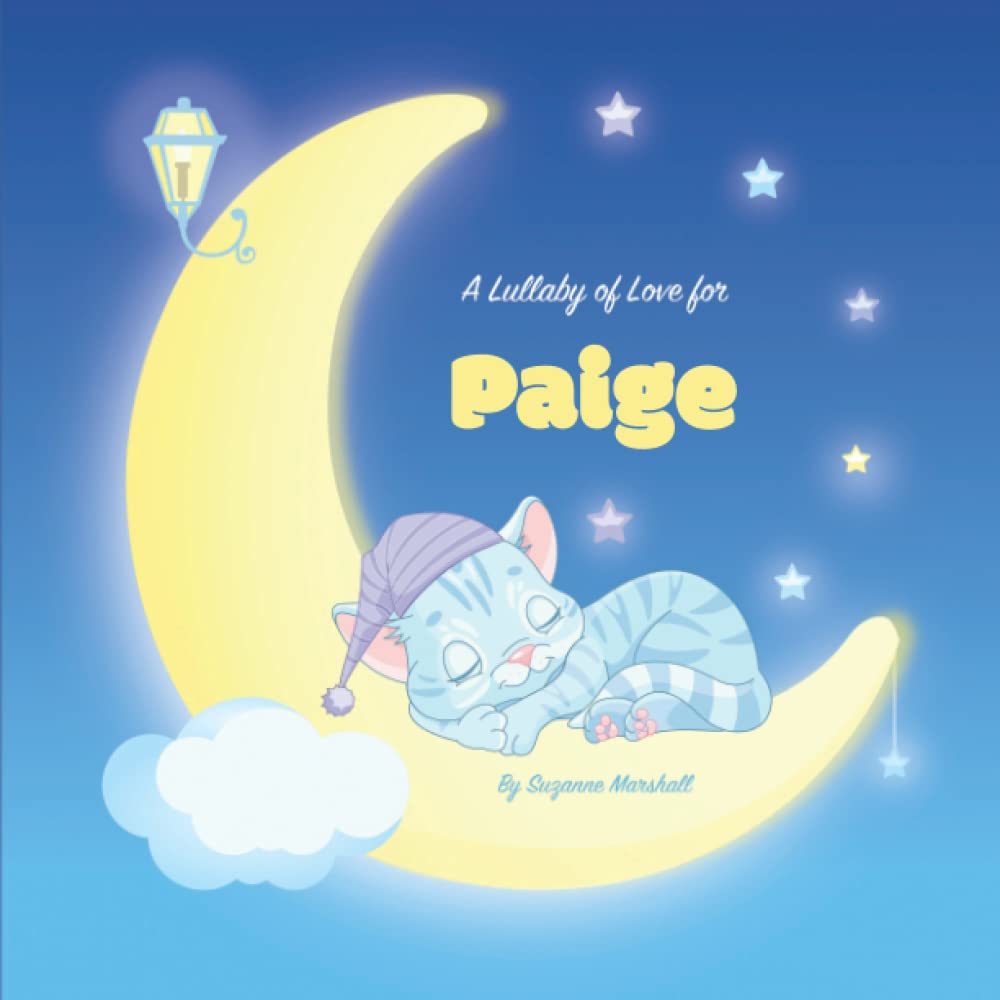The Cheaters / Dial “M” for Man are the stories of working class guys with big dreams who make the mistake of taking a short cut to success through murder and mayhem. James M. Cain knew these guys. They’re a sucker for a pretty face and a full figure. They think they know the score. And they’re headed for disaster. [Orrie Hitt] beautifully portrayed the lives of the working class. People who lived in the low-rent districts. The poverty of the hill shacks scattered among the hunting and drinking camps. The trailer parks out among the abandoned junkyards and used car lots, And the mom and pop motels with the flashing neon signs and vibrating beds. --Dr. Raymond J. O Brien, quoted in the Port Jervis Gazette Orrie Hitt wrote about low-rent people in low-rent places... shabby streets, strip alleys, pleasure grounds, private clubs, passion pools, girls dormitories, dirt farms, nudist camps, and sexurbia counties. --Brian Ritt from his Introduction Both of these books show us the pulp fiction world of the 1950s and the early 60s. They are a nostalgia wallow and a look, not at the past, but the sexual myths and attitudes of the past. --Michael Scott Cain, Rambles The Cheaters Clint Mayer is a big man with big dreams. Or so he thinks. When Clint leaves Beaverkill for the rough and tumble dock town of Wilton, he hooks up with Charlie Fletcher, good time saloon owner and businessman. One of the businesses Charlie runs out of the bar involves a string of working girls, but he has to pay off Detective Red Brandon and it's wearing him down. He's had enough. Clint agrees to buy him out, but then he meets Charlie's wife, Debbie. Clint thinks he can find a way to keep the bar, manage the girls and stay away from Brandon. He may even come away with Debbie. But Debbie has her own ideas deadly ones! Dial M for Man Hob Sampson knows the blonde will be trouble pure poison. It starts when she calls him up to fix her TV set. But she has a lot more on her mind than reception. Doris is all woman, and she makes sure that he knows it. She's married to one of the richest men in town, Ferris Condon, a man with a grudge against Hob a mile wide. Hob knows his repair business will never get ahead while Ferris plots against him, but does he want to get involved with the man's wife? Shouldn't he be with Kathy? He's comfortable with her. But Hob can't resist Doris. And before he knows what's good for him, he's plotting with her to do something he knows is so wrong and so necessary. Because Ferris Condon is all that stands between desire and Doris, and that's a fatal place to be. Orrie Hitt was born in Colchester, New York, on October 27, 1916. He married Charlotte Tucker in Port Jervis, New York, where they settled and had four children. Hitt wrote approximately 150 books over a period of about 14 years while sitting at his kitchen table surrounded by iced coffee, noisy children and Winston cigarettes. In his prime, he wrote a new novel every two weeks. Though most of his books are now categorized as sleaze novels, Orrie Hitt perfectly captured the not-so-quiet desperation of the working class in the continual search for sex, money and happiness. He died in a VA hospital in Montrose, New York, from cancer on September 7, 1975.
